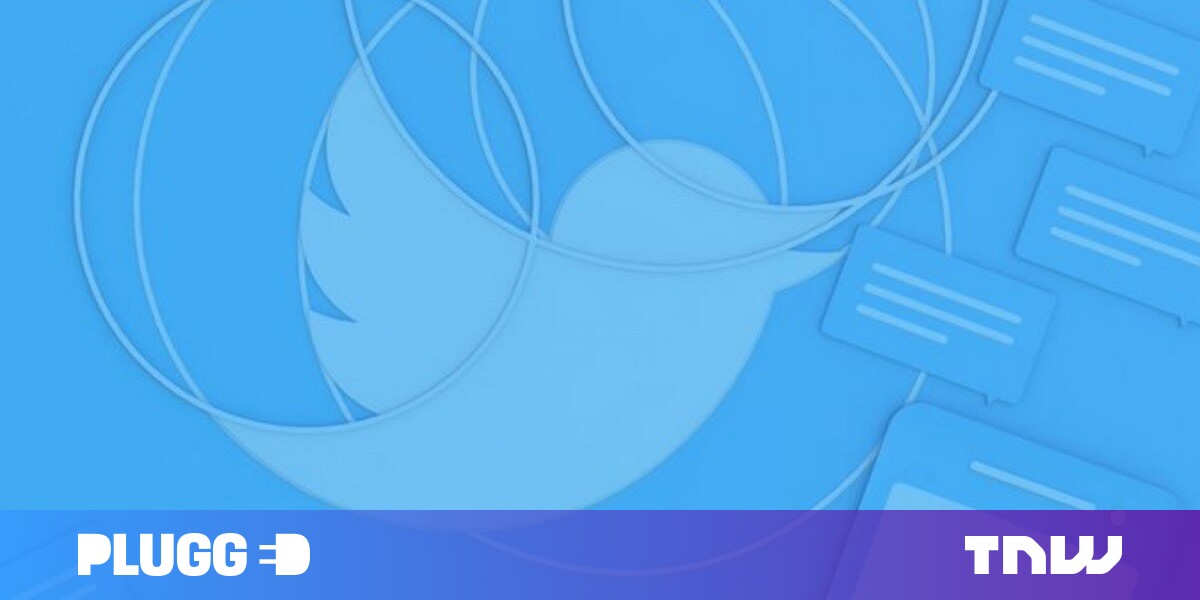
The US election may be all but over, but social media networks are still trying to fight rampant misinformation spreading on their platforms. Twitter today revealed that it will warn users if they try to so much as like a tweet that contains information believed to be misleading.
Giving context on why a labeled Tweet is misleading under our election, COVID-19, and synthetic and manipulated media rules is vital.
These prompts helped decrease Quote Tweets of misleading information by 29% so we're expanding them to show when you tap to like a labeled Tweet. pic.twitter.com/WTK164nMfZ
— Twitter Support (@TwitterSupport) November 23, 2020
Previously, the company had applied such labels when users try to retweet disputed information or, say, an article they haven’t actually read. These moves were effective in reducing the spread of misleading information by 29%, according to Twitter, so it’s clear the labels do make a difference.
The company is now simply taking it a step further by warning you when you like tweets with misinformation too. While the move is not likely to have quite the same impact as preventing retweets of potentially false information, it’s not uncommon to see such tweets with thousands of likes.
These arguably have the effect of adding a sense of validity to a tweet, even if they have a prominent misinformation label. Reducing the number of likes handed out by people not thinking critically about potential misinformation could very well be a good thing.
For more gear, gadget, and hardware news and reviews, follow Plugged on Twitter and Flipboard.
Published November 24, 2020 — 03:08 UTC
Technology - Latest - Google News
November 24, 2020 at 10:08AM
https://ift.tt/2KAcoYC
Twitter now warns you before liking a tweet labeled for misinformation - The Next Web
Technology - Latest - Google News
https://ift.tt/2AaD5dD
Shoes Man Tutorial
Pos News Update
Meme Update
Korean Entertainment News
Japan News Update
Bagikan Berita Ini














0 Response to "Twitter now warns you before liking a tweet labeled for misinformation - The Next Web"
Post a Comment